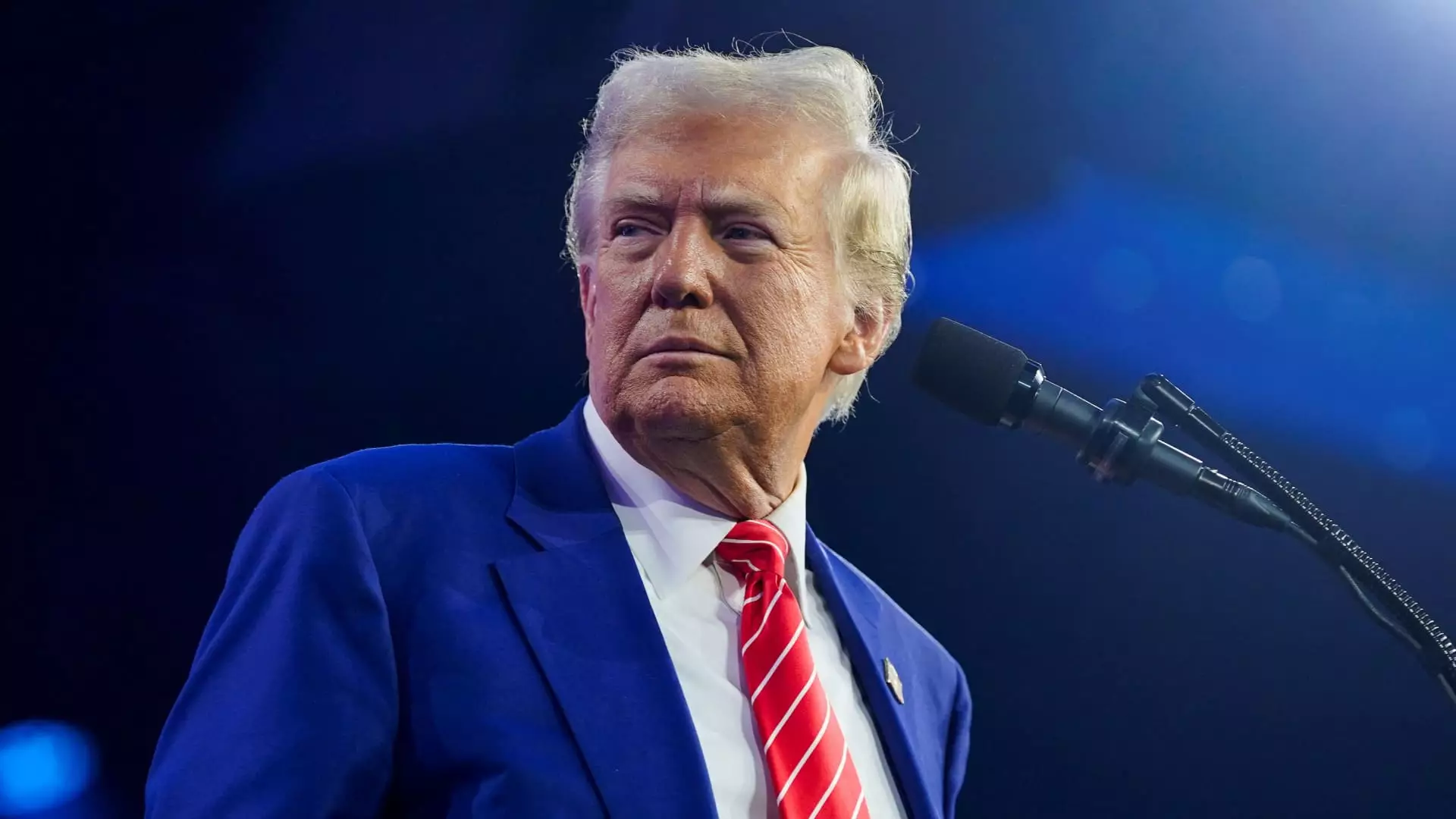In a series of provocative social media posts, President-elect Donald Trump recently aimed his criticisms at Canada, Greenland, and the Panama Canal, intertwining holiday greetings with aggressive territorial aspirations. This article will unpack the implications of Trump’s statements, the historical context of these regions within American foreign policy, and the potential consequences of such rhetoric.
Trump’s comments on the Panama Canal centered around a historical narrative mixed with allegations of current mismanagement and exploitation. He claimed that the United States, which invested significantly in the canal’s construction in the early 20th century, had been subjected to unfair fees by Panama since relinquishing control in 1999. This narrative is not entirely without basis, as the canal’s operation has indeed led to contentious discussions in the realm of bilateral relations. However, Trump’s assertion that “wonderful soldiers of China” are illegally operating in the canal raises questions about factual accuracy and his understanding of international sovereignty.
The distinct language used in Trump’s critiques exacerbates existing tensions. By suggesting that the United States should reevaluate its relationship with the canal, he risks framing present-day diplomatic and economic partnerships in a manner that could alienate Panama. Moreover, announcing his intention to appoint a new ambassador to Panama who shares his critical view could lead to further diplomatic fallout.
Turning to his comments about Canada, Trump’s suggestion that the nation could be transformed into the 51st state reflects a disturbing blend of nationalistic fervor and economic reductionism. His pitch involved promises of tax cuts and enhanced military protection, appealing to Canadian business leaders and citizens who might be swayed by a campaign focused on material gain. However, the incendiary term “governor,” aimed at Prime Minister Justin Trudeau, undermines the respect and dignity typically associated with international relations.
This notion of annexation raises complex questions about national identity and sovereignty. Canadians have historically cherished their autonomy, and Trump’s cavalier approach dismisses the multifaceted relationship that Canada and the U.S. share—a relationship built on trade, culture, and mutual respect. Promoting such ideas can fan the flames of anti-American sentiment and foster a sense of foreign interventionism that is troubling to Canadian citizens.
Greenland: Strategic Interests vs. Diplomacy
Trump’s renewed interest in Greenland underscores a historical endeavor that dates back to his previous term when he famously expressed an interest in purchasing the territory from Denmark. This week, he hinted at the need for American presence in Greenland for “national security purposes,” framing the conversation within the wider context of geopolitical maneuvers in the Arctic—a region believed to be rich in resources and strategically significant.
While it is not uncommon for countries to vie for influence in important regions, Trump’s rhetoric appears to undermine diplomatic communication with Denmark and the people of Greenland. Unless approached with sensitivity and respect, such statements can be interpreted as imperialistic, ironically juxtaposing the U.S. commitment to democratic values with actions that may suggest overreach.
Trump’s social media posts also contained critiques of President Joe Biden and “radical left lunatics,” elements that illustrate a broader strategy of polarization. As the U.S. transitions into a new political era, such rhetoric complicates the nation’s ability to navigate complex international relationships. The dialogue initiated by Trump not only influences public perception but can also dictate policy changes that impact international alliances and collaborations.
While Trump’s comments about Canada, Greenland, and the Panama Canal seem to be rooted in American exceptionalism, they reveal a dangerous disregard for the diplomatic intricacies involved in international relations. Engaging in territorial aspirations through disrespectful language and exaggerated claims can undermine U.S. interests abroad and foster resentment among allies. As the world watches, it is crucial to balance national interests with mutual respect and understanding.

